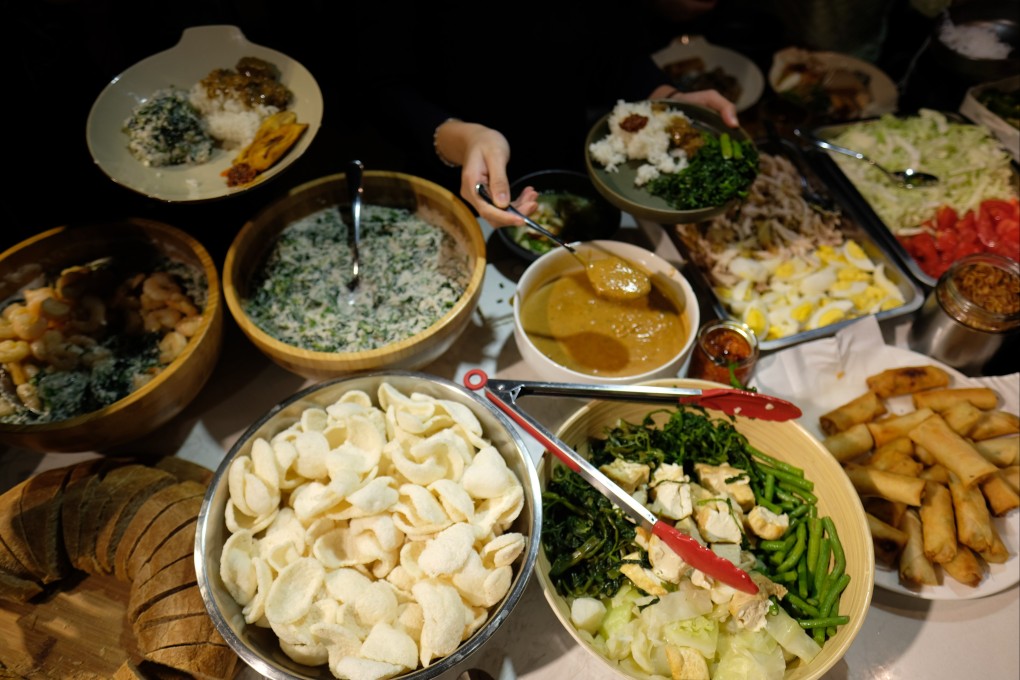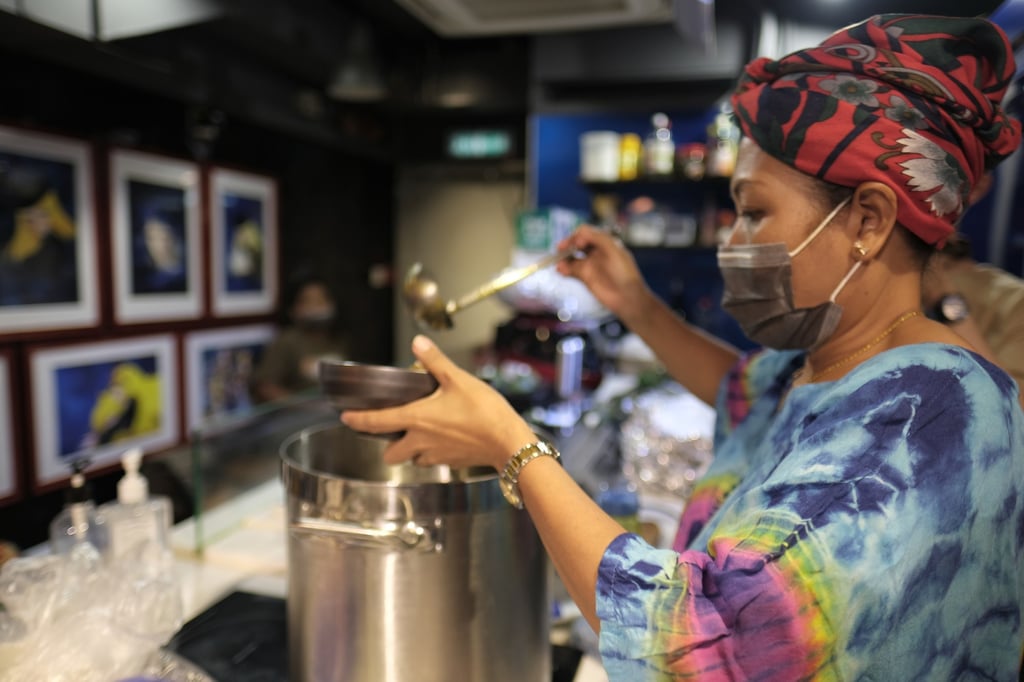The Hong Kong charity giving refugees and asylum seekers the chance to tell their stories – by cooking food from home
- Table of Two Cities is a platform for refugees and asylum seekers to tell their story through online recipes, and by cooking dishes from home at events
- It’s part of an initiative by Grassroots Future, a charity founded to give a voice to the displaced, and which has provided vital support during the pandemic

For the past 17 years, Michael (not his real name) has been patiently waiting for the Hong Kong government to approve his petition to become a registered refugee.
Originally from Togo, in West Africa, he fled his home country in 2005, when protests and riots broke out over a presidential election that saw Faure Gnassingbe come to power.
During the unrest, about 400 to 500 demonstrators were killed by state authorities, according to the United Nations.
“My friend told me, at [that] stage, the only option is to find a place where you don’t need to request a visa,” says Michael. “Just buy the ticket and go.”

That led him to Hong Kong, where he was joined by his wife in 2009. To this day, the pair and their two children – a daughter and a son, both born in Hong Kong – remain asylum seekers, hoping for the city’s government to grant them refugee status.
The plight of refugees and asylum seekers often goes unseen in Hong Kong, as they represent less than 0.1 per cent of the city’s population; and less than 1 per cent of those seeking asylum have successfully done so.